
Kód: 04536380
Aspects of Split Ergativity
Autor Jessica Coon
In languages with aspect-based split ergativity, one portion of the grammar follows an ergative pattern, while another shows a "split." In this book, Jessica Coon argues that aspectual split ergativity does not mark a split in how ... celý popis
- Jazyk:
 Angličtina
Angličtina - Vazba: Pevná
- Počet stran: 290
Nakladatelství: Oxford University Press Inc, 2013
- Více informací o knize

Mohlo by se vám také líbit
-

Party's Over
403 Kč
Dárkový poukaz: Radost zaručena
- Darujte poukaz v libovolné hodnotě a my se postaráme o zbytek.
- Poukaz se vztahuje na celou naši nabídku.
- Elektronický poukaz vytisknete z e-mailu a můžete ihned darovat.
- Platnost poukazu je 12 měsíců od data vystavení.
Více informací o knize Aspects of Split Ergativity
Nákupem získáte 567 bodů
 Anotace knihy
Anotace knihy
In languages with aspect-based split ergativity, one portion of the grammar follows an ergative pattern, while another shows a "split." In this book, Jessica Coon argues that aspectual split ergativity does not mark a split in how case is assigned, but rather, a split in sentence structure. Specifically, the contexts in which we find the appearance of a nonergative pattern in an otherwise ergative language involve added structure - a disassociation between the syntactic predicate and the stem carrying the lexical verb stem. This proposal builds on the proposal of Basque split ergativity in Laka 2006, and extends it to other languages. The book begins with an analysis of split person marking patterns in Chol, a Mayan language of southern Mexico. Here appearance of split ergativity follows naturally from the fact that the progressive and the imperfective morphemes are verbs, while the perfective morpheme is not. The fact that the nonperfective morphemes are verbs, combined with independent properties of Chol grammar, results in the appearance of a split. In aspectual splits, ergativity is always retained in the perfective aspect. This book further surveys aspectual splits in a variety of unrelated languages and offers an explanation for this universal directionality of split ergativity. Following Laka's (2006) proposal for Basque, Coon proposes that the cross-linguistic tendency for imperfective aspects to pattern with locative constructions is responsible for the biclausality which causes the appearance of a nonergative pattern. Building on Demirdache and Uribe-Etxebarria's (2000) prepositional account of spatiotemporal relations, Coon proposes that the perfective is never periphrastic - and thus never involves a split - because there is no preposition in natural language that correctly captures the relation of the assertion time to the event time denoted by the perfective aspect.
 Parametry knihy
Parametry knihy
Zařazení knihy Knihy v angličtině Language linguistics Psycholinguistics
5670 Kč
- Plný název: Aspects of Split Ergativity
- Autor: Jessica Coon
- Jazyk:
 Angličtina
Angličtina - Vazba: Pevná
- Počet stran: 290
- EAN: 9780199858743
- ISBN: 0199858748
- ID: 04536380
- Nakladatelství: Oxford University Press Inc
- Hmotnost: 598 g
- Rozměry: 237 × 162 × 22 mm
- Datum vydání: 19. September 2013
Oblíbené z jiného soudku
-

Raising Multilingual Children
276 Kč -

Parents' and Teachers' Guide to Bilingualism
417 Kč -

Teaching Languages to Students with Specific Learning Differences
793 Kč -

Bilingual Edge, the
347 Kč -

Growing up with Three Languages
556 Kč -

Bilingual Family
1104 Kč -
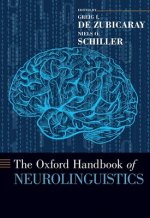
Oxford Handbook of Neurolinguistics
6952 Kč -
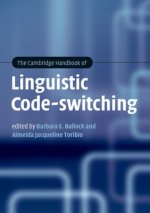
Cambridge Handbook of Linguistic Code-switching
2273 Kč -
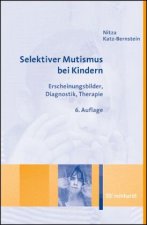
Selektiver Mutismus bei Kindern
748 Kč -
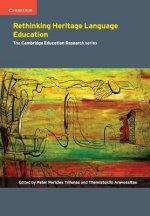
Rethinking Heritage Language Education
1980 Kč -
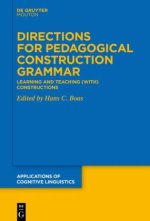
Directions for Pedagogical Construction Grammar
657 Kč -
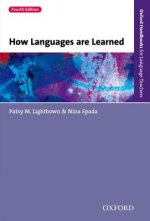
How Languages are Learned
1317 Kč -

Cognitive Linguistics
898 Kč -
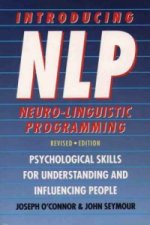
Introducing Neuro-Linguistic Programming
357 Kč -

Becoming Fluent
505 Kč -

Language Strategies for Trilingual Families
409 Kč -

English Phonetics and Pronunciation Practice
1300 Kč -
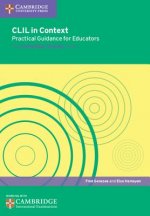
CLIL in Context Practical Guidance for Educators
1980 Kč -
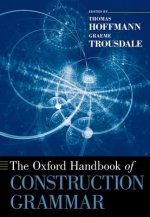
Oxford Handbook of Construction Grammar
1741 Kč -
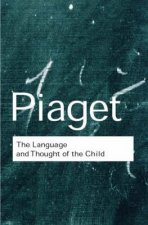
Language and Thought of the Child
574 Kč -
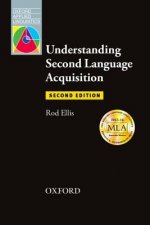
Understanding Second Language Acquisition
1289 Kč -
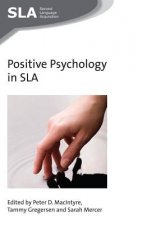
Positive Psychology in SLA
1393 Kč -
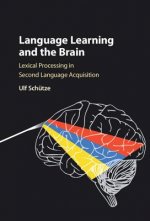
Language Learning and the Brain
3804 Kč -
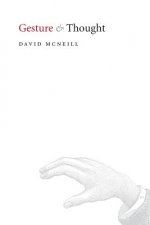
Gesture and Thought
1254 Kč -

Reflections on Language Teacher Identity Research
2004 Kč -
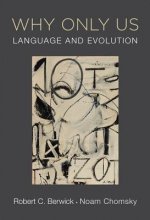
Why Only Us
495 Kč -
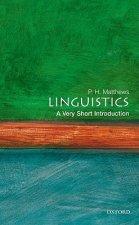
Linguistics: A Very Short Introduction
271 Kč -
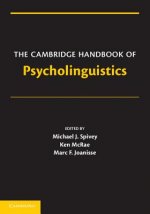
Cambridge Handbook of Psycholinguistics
2038 Kč -

7 Steps to Raising a Bilingual Child
385 Kč -

Conceptualising Integration in CLIL and Multilingual Education
1583 Kč -
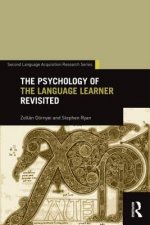
Psychology of the Language Learner Revisited
2396 Kč -

How Second Languages are Learned
814 Kč -
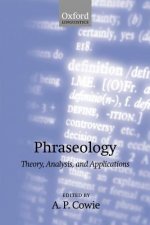
Phraseology
2493 Kč -
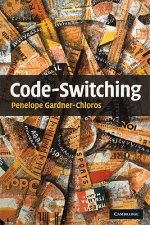
Code-switching
1807 Kč -
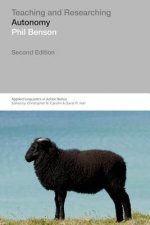
Teaching and Researching: Autonomy in Language Learning
1551 Kč -
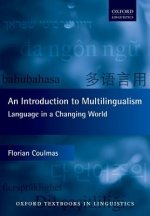
Introduction to Multilingualism
1018 Kč -

Grammar of Words
1238 Kč -
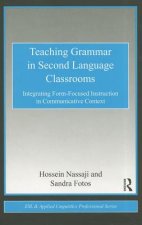
Teaching Grammar in Second Language Classrooms
2002 Kč -

Foundations of Language
1428 Kč -
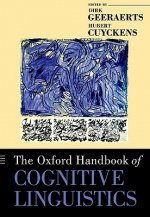
Oxford Handbook of Cognitive Linguistics
2799 Kč -

Manual for Teaching and Learning Chinese as a Foreign Language
1282 Kč -
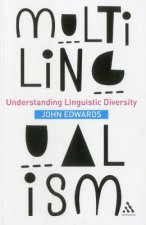
Multilingualism
1024 Kč -
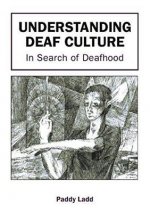
Understanding Deaf Culture
893 Kč -
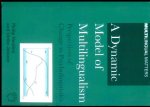
Dynamic Model of Multilingualism
1275 Kč -

Grammar of Paraguayan Guarani
1109 Kč -
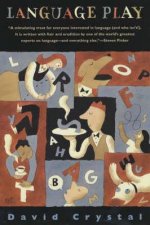
Language Play
1025 Kč -

Teaching and Researching Language Learning Strategies
2004 Kč -
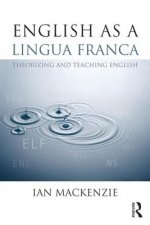
English as a Lingua Franca
1758 Kč -
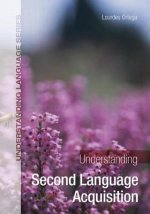
Understanding Second Language Acquisition
1288 Kč
Osobní odběr Praha, Brno a 12903 dalších
Copyright ©2008-24 nejlevnejsi-knihy.cz Všechna práva vyhrazenaSoukromíCookies



 Vrácení do měsíce
Vrácení do měsíce 571 999 099 (8-15.30h)
571 999 099 (8-15.30h)